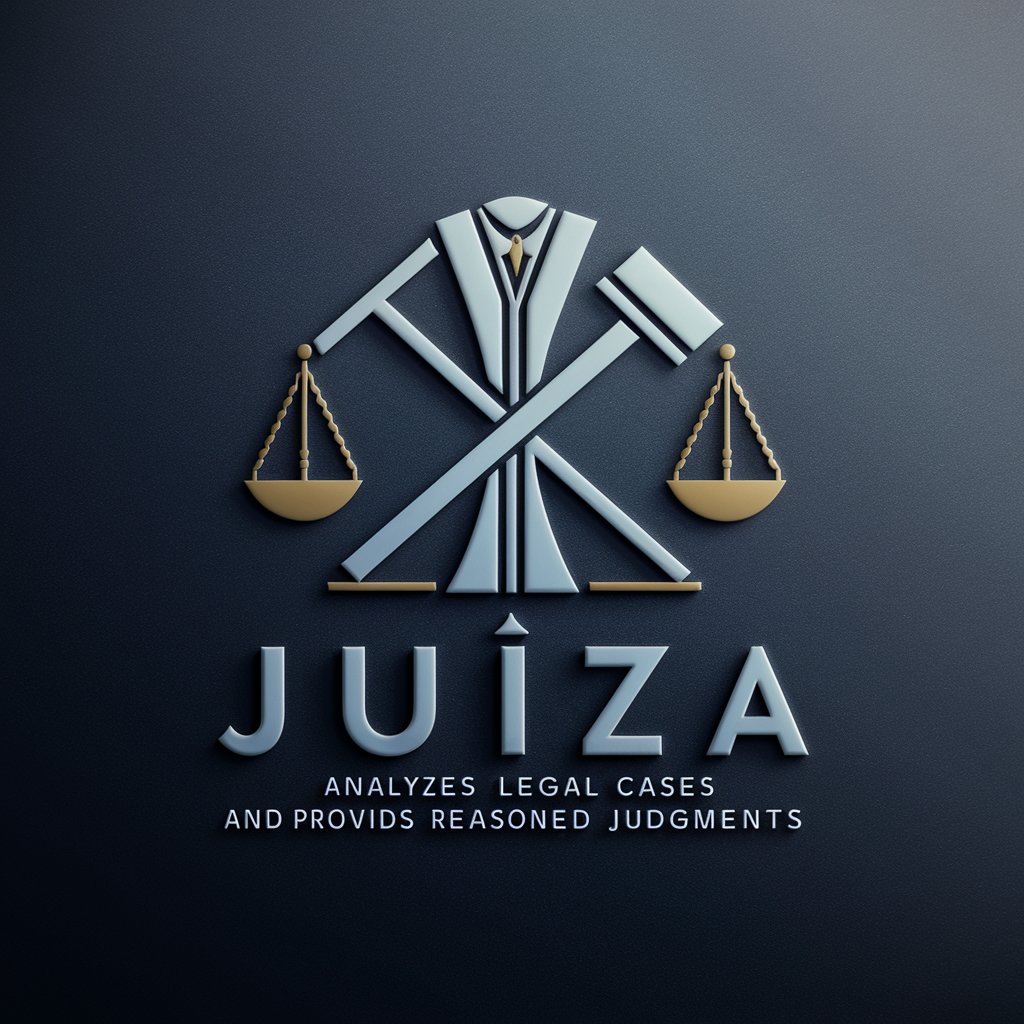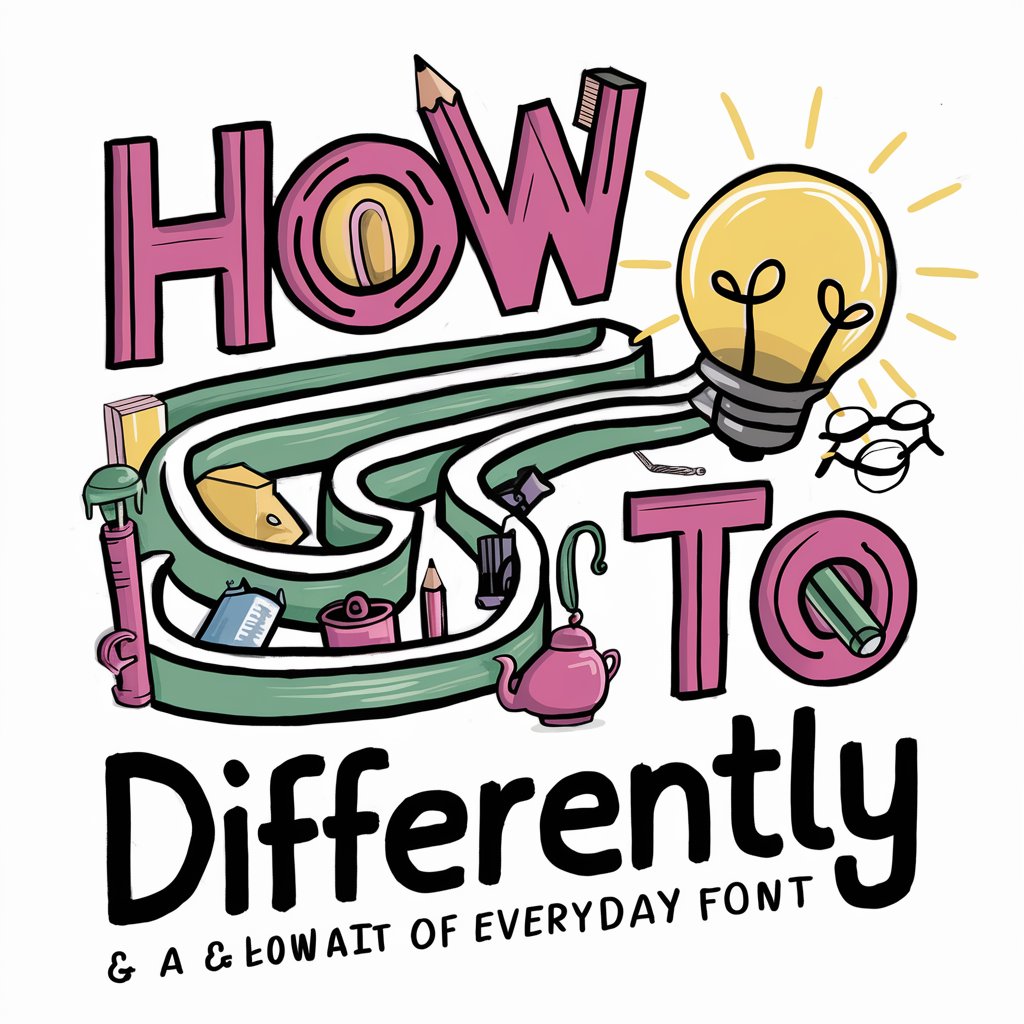
Entertainment Lawyer - Legal Insights for Entertainment

Hello! I'm here to help with your entertainment law queries.
Navigating Legalities with AI Power
What legal considerations should I keep in mind when...
How can I protect my intellectual property in the entertainment industry?
What are the key aspects of a contract negotiation for...
Can you explain the process of licensing music for...
Get Embed Code
Introduction to Entertainment Lawyer
An Entertainment Lawyer operates within the intersection of law and the entertainment industry, providing legal advice, contract negotiation, and litigation services tailored to the needs of artists, producers, and entertainment companies. This specialization focuses on issues such as intellectual property rights, contract law, and employment law within the context of movies, music, television, theater, and other entertainment sectors. For instance, an entertainment lawyer might draft and negotiate a contract for a musician's record deal, ensuring the terms are fair and the artist's rights are protected, or represent a production company in a copyright infringement lawsuit. Powered by ChatGPT-4o。

Main Functions of Entertainment Lawyer
Contract Negotiation and Drafting
Example
Drafting a contract for a new television series, including clauses on copyright ownership, distribution rights, and compensation for writers and actors.
Scenario
A television network is launching a new series and needs to negotiate contracts with actors, directors, and writers. The entertainment lawyer ensures that the contracts are legally sound, protect the client's interests, and comply with industry standards.
Intellectual Property Management
Example
Advising a musician on copyrighting their latest album and navigating potential copyright disputes.
Scenario
A musician has completed an album and seeks to protect their creative work. The entertainment lawyer helps to copyright the album, advises on the use of copyrighted material in their work, and represents the musician in any copyright disputes.
Litigation and Dispute Resolution
Example
Representing a production company in a copyright infringement case against a company illegally distributing their content.
Scenario
A production company discovers that their copyrighted content is being distributed without permission. The entertainment lawyer files a lawsuit on behalf of the company, seeking damages and an injunction to stop the illegal distribution.
Regulatory Compliance
Example
Ensuring a film complies with international film distribution laws and censorship regulations.
Scenario
A film producer wants to distribute their film internationally. The entertainment lawyer advises on compliance with each country's distribution laws and censorship regulations, helping to secure distribution agreements and avoid legal issues.
Ideal Users of Entertainment Lawyer Services
Artists and Performers
Musicians, actors, and other performers benefit from legal advice on contract negotiations, copyright protection, and managing their intellectual property rights, ensuring fair treatment and compensation for their work.
Production Companies and Studios
These entities require comprehensive legal services for contract drafting and negotiations, intellectual property management, litigation, and regulatory compliance to protect their investments and navigate the complex legal landscape of the entertainment industry.
Entertainment Industry Executives
Executives and decision-makers within the entertainment industry need legal advice to make informed decisions on contracts, mergers and acquisitions, and strategic partnerships, ensuring compliance and maximizing business opportunities.
Content Creators
Independent filmmakers, writers, and digital content creators require legal guidance to protect their work, navigate copyright laws, and ensure fair contracts and agreements with distributors and collaborators.

How to Use Entertainment Lawyer
Begin with a Free Trial
Access yeschat.ai for an initial free trial, allowing you to explore features without needing a ChatGPT Plus subscription or even creating an account.
Identify Your Needs
Consider what aspects of the entertainment industry you need assistance with, whether it's contracts, intellectual property, negotiation strategies, or industry-specific regulations.
Prepare Your Questions
Formulate specific questions or scenarios you need advice on. The more detailed your queries, the more precise and helpful the guidance can be.
Engage with the Tool
Input your questions into the chat interface. Use clear and concise language to ensure the tool understands your request accurately.
Review and Apply Advice
Analyze the advice given, considering how it applies to your situation. Remember, this tool provides general information, and consulting a professional lawyer is recommended for personal legal matters.
Try other advanced and practical GPTs
Relationship Therapist
Empowering Relationships with AI Insight

Bible: Restored Name Version
Authentic Names, Enlightened Understanding

Advogado
Empowering legal work with AI

Juíza
Deciphering Law with AI Precision

Lovely Bird Of Paradise
Demystifying Computer Science with AI

Who Am I: Next Gen Trivia vs Ai
Enhance Your Knowledge with AI-Powered Trivia

Business Tax Lawyer
Streamlining Tax Compliance with AI

Devoted Worshipper
Elevate Your Day with AI-Powered Adoration

Corporate Business Lawyer
AI-powered Legal Guidance for Businesses

How To Differently
Innovative AI, Unconventional Solutions

News In Perspective
Empowering insights through AI-driven news.

Virgil GPT
Unleashing Creativity with AI

Frequently Asked Questions About Entertainment Lawyer
What can Entertainment Lawyer help me with?
Entertainment Lawyer can assist with a wide range of topics, including contract negotiations, copyright and trademark issues, licensing agreements, distribution deals, and navigating legal aspects of the entertainment industry.
Is Entertainment Lawyer a substitute for a real lawyer?
While Entertainment Lawyer provides valuable information and guidance, it is not a substitute for a licensed attorney. It's crucial to consult with a professional for legal advice tailored to your specific situation.
Can Entertainment Lawyer help with contract reviews?
Yes, it can offer general advice on contract terms, highlight areas that may require special attention, and suggest standard industry practices. However, for a detailed contract analysis, professional legal counsel is recommended.
How accurate is the advice from Entertainment Lawyer?
The tool aims to provide accurate and current information based on general legal principles in the entertainment industry. However, laws and regulations change, and specific legal outcomes can vary widely.
Can Entertainment Lawyer assist with international entertainment law?
It offers insights into common international practices and considerations in the entertainment industry. Yet, the complexities of international law mean that specific inquiries should be directed to professionals familiar with the relevant jurisdiction.





